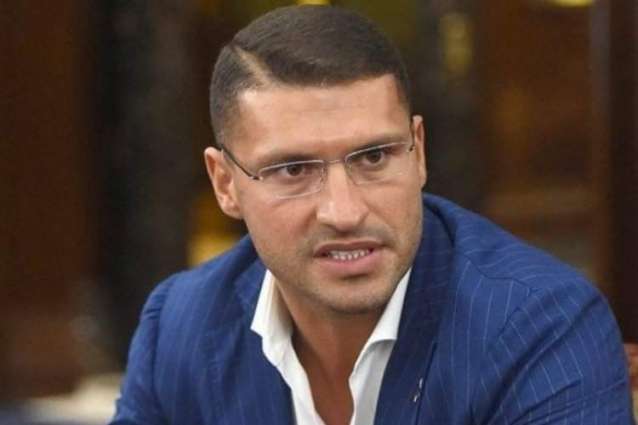Libyan political actors struggle to find common ground due to a tendency to periodically change strategic partners, Lev Dengov, the head of the Russian Contact Group for intra-Libyan settlement, told Sputnik.
PALERMO (Pakistan Point News / Sputnik - 13th November, 2018) Libyan political actors struggle to find common ground due to a tendency to periodically change strategic partners, Lev Dengov, the head of the Russian Contact Group for intra-Libyan settlement, told Sputnik."There is no aspiration to listen to each other among the Libyans themselves. That's an issue today. The problem, in my opinion, emerged because the Libyans are making a huge mistake as they do not completely decide on their partners � they change them from time to time," Dengov said.
The Russian Contact Group head noted that the Libyans needed not just to choose partners, but to select the right ones.
"The partners they choose are often those who have already destroyed the country and brought about today's state of affairs. The Libyans need to think on their own that it is time to decide and choose the right partners, those who would not prevent the Libyans from living together and well, who would not lead a destructive policy in Libya," Dengov explained.
At the same time, he preferred not to name those external players that led Libya to the crisis.
"I would just like to draw a fine line between who was Libya's was partner during [Muammar] Gaddafi's rule, and what results such a situation produced. I am also talking about those partners to whom Libyans can look into the eyes and say that these countries have never wished them harm and blood has never been shed in our country through their fault. Those who are somehow familiar with the history of Libya know what countries I am talking about - both on the one side, and on the other side," Dengov said.
Commenting on the action plan that aims to advance political reconciliation in Libya and help the Libyan people achieve lasting peace and security, presented by UN special envoy for Libya Ghassan Salame in September 2017, Dengov stated that while Russia unequivocally supported the initiative, there was no established coalition of external actors and interested countries that could act as a united front in order to bring Libya to real countrywide reconciliation.
"Even the conference, which is taking place now [in Palermo], each part comes separately, each side expresses its opinion and we see no unity or single position, not even from those who came. These are representatives of parliament, representatives of the presidential council, and some other entities," Dengov noted.
The two-day conference on Libyan settlement started in the capital of the Italian island of Sicily on Monday. The event aims to showcase the international community's full support for the implementation of the United Nations Action Plan on Libya to overcome the political stalemate in the country.
The conference is attended by leading Libyan political actors, including commander of the Libyan National Army (LNA) Khalifa Haftar, head of Libya's Government of National Accord (GNA) Fayez Sarraj, chairman of the Libyan House of Representatives Aguila Saleh Issa, and head of the Libyan High State Council Khaled Mishri. Among representatives of foreign states, the event is visited by UN Special Envoy to Libya Ghassan Salame, Egyptian President Abdel Fattah Sisi, Russian Prime Minister Dmitry Medvedev, Italian Prime Minister Giuseppe Conte as well as leaders of Chad, Algeria, Niger, and Tunisia, among others.
Libya has been in a state of political and economic turmoil since 2011, when a civil war broke out following the overthrow of its longtime leader, Muammar Gaddafi. The eastern part of the crisis-torn state is governed by its parliament, with headquarters in the city of Tobruk. The parliament is backed by the LNA. At the same time, the GNA headed by Sarraj, operates in the country's west and is headquartered in Tripoli.




